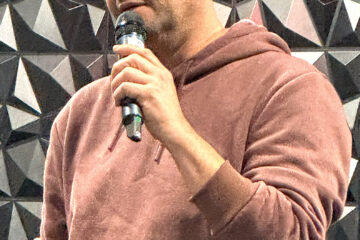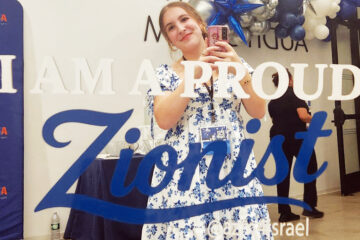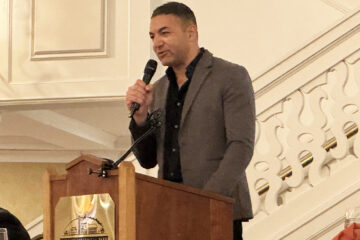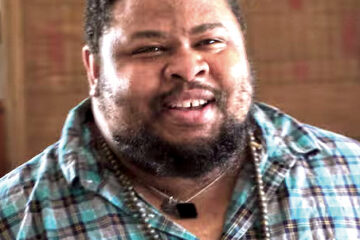Time for Shabbat
Author wrestles with challenges, rewards of Sabbath
By Michelle Tedford, Special To The Dayton Jewish Observer

Judith Shulevitz tells stories.
There are ones about her father, who would take his children on Saturdays to the movies against the wishes of their mother, a rabbi.
And there are recent stories, like forgetting the eggs she needed to bind the Saturday dinner meatloaf and having to wait until the end of Shabbat to shop, cook and feed her family.
Whatever decision one makes on how best to honor the Sabbath, the process is hard, she said, which is as it should be.
Shulevitz, author of The Sabbath World: Glimpse of a Different Order of Time, brings her experiences and research on the American Sabbath — both Christian and Jewish — to Dayton on Nov. 6 as the keynote speaker for the Pearl Joffe Memorial Day of Learning.
“One of the reasons I wrote the book was to show that this is very hard, and it’s hard for a reason,” she said on a call from her weekend home in the Catskills. “It’s hard in a way that has segregated Jewish communities from other communities for hundreds of years.”
For Shulevitz, it was a process of deciding what would work for her family, including her children, now ages 7 and 9. She and her husband made their own rules based on traditional Jewish laws. They use electricity but not electronics. They do drive. They do not shop. They recite Kiddush and light candles Friday night and attend shul on Saturday. The focus is on physical togetherness and creating a contemplative atmosphere.
The core principle is to create a day, a Sabbath, that is different, one that incorporates shinui, Hebrew for change.
“You wear nice clothes instead of everyday clothes, you eat special food instead of everyday food,” she said. “It’s been taken to great extremes in various mystical cults where you’re supposed to decorate your home as if for a very, very honored guest, and at its core is this idea that this day must be different.”
Historically, being different has impeded integration into society, something American culture values.
But there is also something gained: time and space.
“What Shabbat does is make community, and it makes community because it creates the time,” she said. “You have the time to find the space in which these bonds are formed that aren’t just work bonds, that aren’t just being parents, that aren’t just having children in the same school, that aren’t just common economic or class interests but are something else.”
Years ago, Shulevitz began research on the Sabbath to fulfill her need to expel what she described as a dreary sameness and workaholic lifestyle. She discovered a history on both Jewish and Christian observance of the Sabbath and how ambivalence toward it provoked a fierce response in some Protestant religions.
“I think that Jews and Christians alike just watch with jaws agape as commercialism and capitalism sweep all such fine distinctions away, just wipe away any concept of rest,” she said.
Her book is about ambivalence. It does not wholeheartedly embrace the Sabbath, but instead gives a realistic view of the struggles involved to fulfill a goal of personal faith and community building.
There are compromises, such as her husband using the phone for work while for the rest of the family the phone is forbidden.
And there are sacrifices.
“I used to have a column in The (New York) Times, and now I’m just a lady who wrote a book, which is very insignificant in the world I move in,” she said. “I definitely work less hard, but part of that is just having kids. That’s all very trivial. I’d say I have a much better sense of the power of community than I ever had.”
And there are benefits.
There are Sabbath dinners with friends where children play to exhaustion and parents drink wine and talk late into the evening. There are children who discover the joys of reading or running outside with friends. And there are late-night dinners of stewed peppers and meatloaf shared by family with a reverence for time and at least one day a week where life is changed and community blossoms.
Judith Shulevitz is the keynote speaker for the Pearl Joffe Memorial Day of Jewish Learning, Sunday, Nov. 6 at 3:30 p.m. at the Boonshoft CJCE. Day of Learning sessions begin at 12:30 p.m. led by rabbis and community educators. All programs are free. R.S.V.P. to Karen Steiger at 853-0372.





